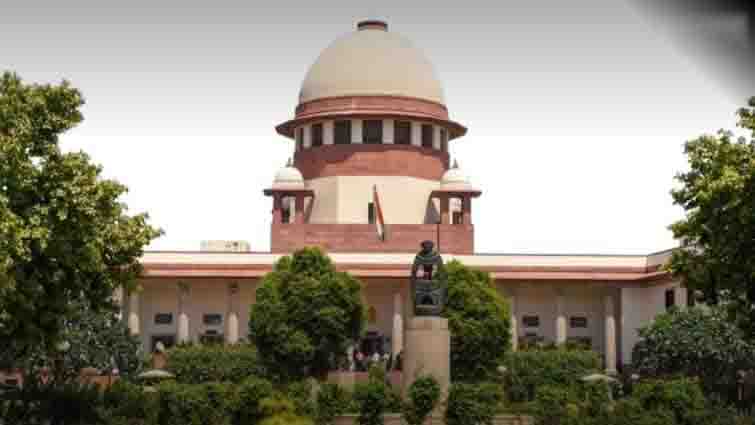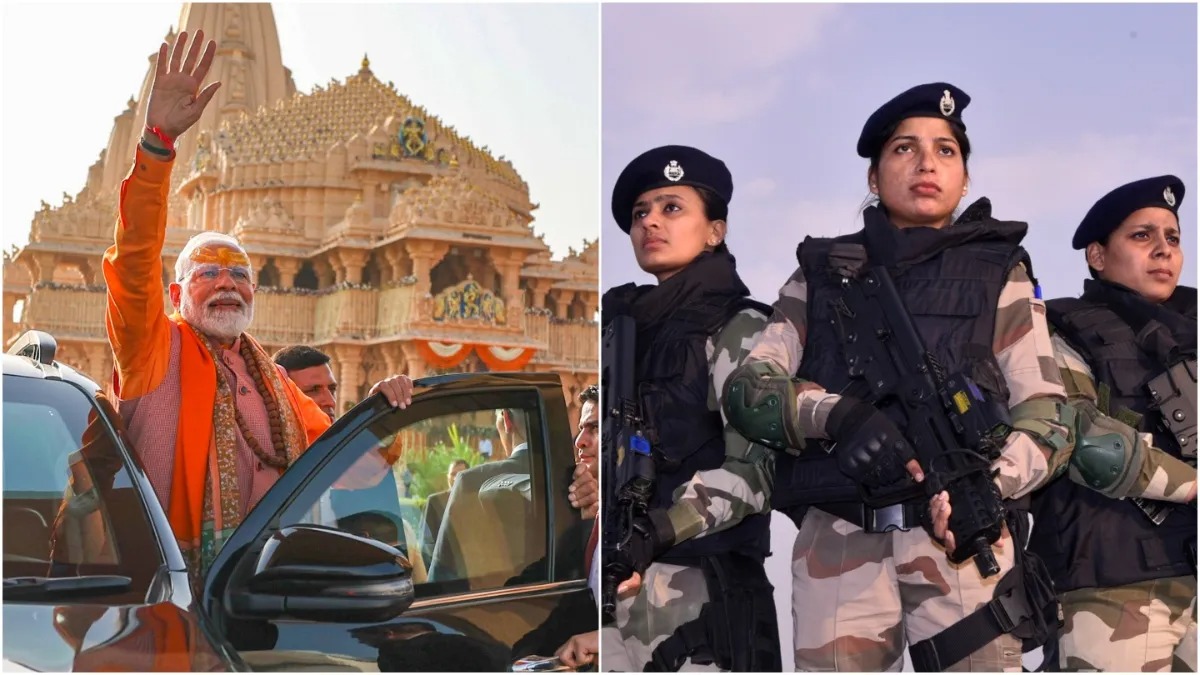
On January 9, The Supreme Court ruled out to hear on the review petitions that were filed against their prior decision made regarding same sex marriages.
A Panel of judges that comprised seven judges, of them the following had the final say: Justice BR Gavai, Justice BV Nagarathna, Justice Suryakant, Justice PS Narasimha and Justice Dipankar Datta. This bench was formed after due to Justice Sanjiv Khanna withdrawing himself for the hearing of these review petitions which he had done earlier in July.
Sitting with the review board, the members stated that "We do not find any error apparent on the record. We further find that the view expressed in both judgments are in accordance with law and, as such, no interference is warranted".
The petitioners had sought the hearings to be done in public places claiming it to be of public interest, however, the pleas were conducted internally.
Post the month of October 2023, the then serving Chief Justice of India Mr. DY Chandrachud alongside 2 judges were unable to rule favorable for Same sex marriages on a voting basis of 3-2. The top court however did enable civil unions between same-sex partners.
The judges arrived at the conclusion that there is absolutely no chance of amendment to the 1954 Special Marriage Act which would permit same-sex marriages in India. The bench further expressed its unwillingness to step on the legislative area, and maintained that the issue would be apt for discussion within Parliament, which is also tasked with making laws concerning the legal recognition of marriage between people of the same sex.
On this point, however, while Chandrachud and Justice SK Kaul were of the view that same sex couples should be entitled to a civil union, the other three judges did not share this view. Justices Bhat, Kohli and Narasimha contended that the law does not recognise civil unions for same sex couples, and therefore, such people do not have the right to adopt children.
In comparison to marriage, it is different as it confers “civil union “status that was intended to give the queer couples some of the rights that married people usually enjoy.
This ruling of the Supreme Court was contested by the petitioners through review petitions, which the five judge bench dismissed today.

 Share
Share






